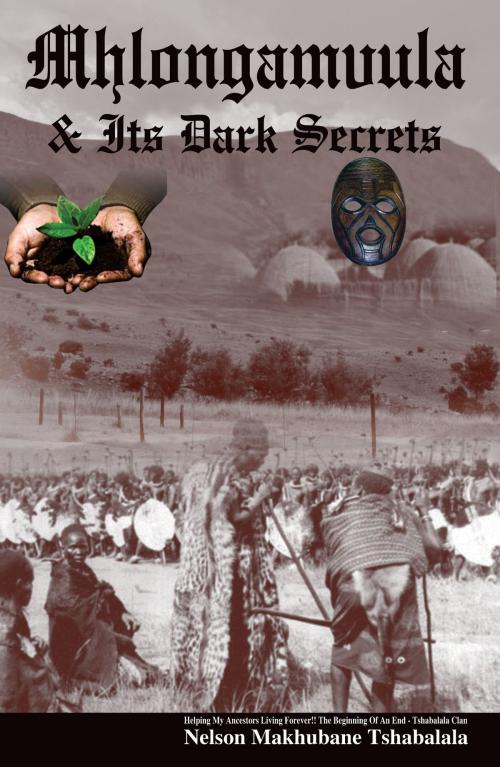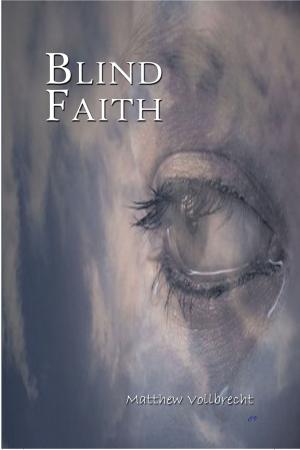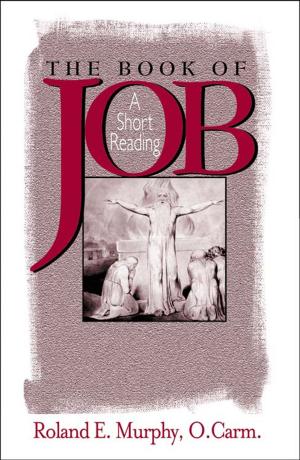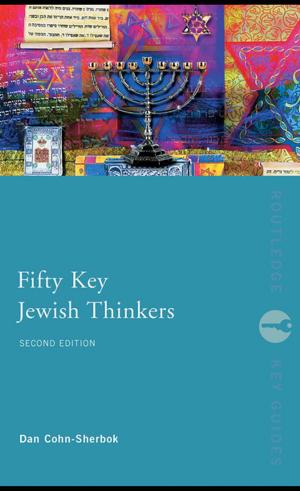Mhlongamvula & Its Dark Secrets
Nonfiction, Religion & Spirituality, Inspiration & Meditation, Spirituality| Author: | Nelson Makhubane Tshabalala | ISBN: | 9781370275601 |
| Publisher: | Nelson Makhubane Tshabalala | Publication: | October 6, 2017 |
| Imprint: | Smashwords Edition | Language: | English |
| Author: | Nelson Makhubane Tshabalala |
| ISBN: | 9781370275601 |
| Publisher: | Nelson Makhubane Tshabalala |
| Publication: | October 6, 2017 |
| Imprint: | Smashwords Edition |
| Language: | English |
In a grand, immensely readable and yet original synthesis of historical and cultural analysis about the dark secrets of the ancient Tshabalala Clan in Mhlongamvula, a distinguished scholar and prize winning author and historian, Nelson Makhubane Tshabalala, depicts much more than a break with Mhlongamvula. For those who read a previous title of this author, namely: ‘Chronicles Of Tshabalala Clan In Mhlongamvula & Its Exodus’, this new book gives the readers a revolution that transformed the ancient Tshabalala Clan’s politics and culture about what marks it out distinctively from other human societies in the family of humanity.
Both this book and the above mentioned, are works of rare distinction which nobody can afford to miss. Filled with fresh interpretations and information, punctuating old myths, traditional Swazi beliefs, shocking cultural revelations and challenging ones, readers will enjoy the dark secrets about Mhlongamvula and its isolation by its people during the modern era.
This book’s title refers to the sentiments that informed his ‘Chronicles Of Tshabalala Clan In Mhlongamvula & Its Exodus’, to make sense of the vast and yet somehow complicated Clan’s politics particularly through polygamy which expanded its heritage of liberty. This book asks an important question often ignored by the many off-spring of the ancient Tshabalala Clan and its sub-Clans as well as the newly formulated surnames which originated from this diverse Clan including: Mabizela, Sithebe, Thabethe, Mposula, Mavimbela, Ngxabalala, Gcindi, Madlangampisi, Mshengu, Mtshengu, Hhomo, Miyeni, Mswana, Masumbe, Siyandhani, Mbhombhi, Mashau, Mashabane, Donga, Msomi, Mathontsi, Mdoloba, Mvumbu, Dlodlo, Mnengi, Songelwa, Mgangane, Mahlasela, Mchavi, etc. on whether their passion is only about their origin and not investing back to rebuild all the heritage ruins that unfolded over the past 250 years.
All in all, this is a history book on an epic yet human scale about the ancient Mhlongamvula; being an ancestral land of the Tshabalala Clan. It is vast in scope, exhaustive in original research, written with passion, narrative skill, and human sympathy. The author reveals the ‘dark box’, with scandals and takes a hard look at the long evolution of how the ancient Tshabalala Clan has lost many key family components of its architectural ancient Clan. This book packs a great deal of material, yet there is a lot that should be done on issues of their ancient culture, Swazi tribal identity, region, witchcraft, rituals, as well as wealth.
In a grand, immensely readable and yet original synthesis of historical and cultural analysis about the dark secrets of the ancient Tshabalala Clan in Mhlongamvula, a distinguished scholar and prize winning author and historian, Nelson Makhubane Tshabalala, depicts much more than a break with Mhlongamvula. For those who read a previous title of this author, namely: ‘Chronicles Of Tshabalala Clan In Mhlongamvula & Its Exodus’, this new book gives the readers a revolution that transformed the ancient Tshabalala Clan’s politics and culture about what marks it out distinctively from other human societies in the family of humanity.
Both this book and the above mentioned, are works of rare distinction which nobody can afford to miss. Filled with fresh interpretations and information, punctuating old myths, traditional Swazi beliefs, shocking cultural revelations and challenging ones, readers will enjoy the dark secrets about Mhlongamvula and its isolation by its people during the modern era.
This book’s title refers to the sentiments that informed his ‘Chronicles Of Tshabalala Clan In Mhlongamvula & Its Exodus’, to make sense of the vast and yet somehow complicated Clan’s politics particularly through polygamy which expanded its heritage of liberty. This book asks an important question often ignored by the many off-spring of the ancient Tshabalala Clan and its sub-Clans as well as the newly formulated surnames which originated from this diverse Clan including: Mabizela, Sithebe, Thabethe, Mposula, Mavimbela, Ngxabalala, Gcindi, Madlangampisi, Mshengu, Mtshengu, Hhomo, Miyeni, Mswana, Masumbe, Siyandhani, Mbhombhi, Mashau, Mashabane, Donga, Msomi, Mathontsi, Mdoloba, Mvumbu, Dlodlo, Mnengi, Songelwa, Mgangane, Mahlasela, Mchavi, etc. on whether their passion is only about their origin and not investing back to rebuild all the heritage ruins that unfolded over the past 250 years.
All in all, this is a history book on an epic yet human scale about the ancient Mhlongamvula; being an ancestral land of the Tshabalala Clan. It is vast in scope, exhaustive in original research, written with passion, narrative skill, and human sympathy. The author reveals the ‘dark box’, with scandals and takes a hard look at the long evolution of how the ancient Tshabalala Clan has lost many key family components of its architectural ancient Clan. This book packs a great deal of material, yet there is a lot that should be done on issues of their ancient culture, Swazi tribal identity, region, witchcraft, rituals, as well as wealth.















